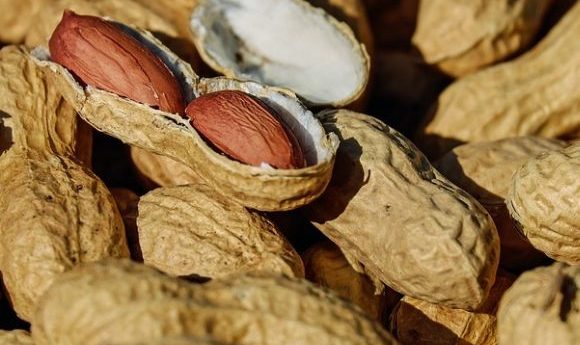Go nuts for peanuts

Research shows that a nut-rich diet could aid in preventing cognitive decline in later life.
A recent study from the University of South Australia (Adelaide, Australia) has found that a diet rich in nuts could be key to maintaining cognitive function in later life. The first of its kind, the study could provide insight into preventing cognitive decline, a symptom often experienced in the aging population.
“Nuts are known to be high in healthy fats, protein and fibre with nutritional properties that can lower cholesterol and improve cognitive health,” study leader, Ming Li (University of South Australia) explained.
The results, published in The Journal of Nutrition, Health & Aging, showed that eating more than two teaspoons of nuts a day can lead to improved thinking, reasoning and memory in individuals over the age of 55.
“By eating more than 10 grams of nuts per day older people could improve their cognitive function by up to 60 per cent- compared to those not eating nuts — effectively warding off what would normally be experienced as a natural two-year cognition decline,” commented Li.
Analyzing data from the China Health Nutrition Survey, taken by 4822 Chinese adults over the course of 22 years, the researchers found that 17% were regular consumers of nuts, the most common choice being peanuts.
“By eating more than 10 grams of nuts per day older people could improve their cognitive function by up to 60 per cent- compared to those not eating nuts”
Li noted that peanuts in particular have a high level of antioxidants and can give a strong anti-inflammatory effect, two things that may contribute to alleviating and reducing cognitive decline.
The results of this study come at a key time, the World Health Organization estimate that globally, 47 million people are living with dementia, with that number projected to rise to 75 million by 2030 as the average age continues to increase.
“Population aging is one of the most substantial challenges of the twenty-first century. Not only are people living longer, but as they age, they require additional health support which is placing unprecedented pressure on aged-care and health services,” Li explained.
“As people age, they naturally experience changes to conceptual reasoning, memory, and processing speed. This is all part of the normal ageing process,” he added; “But age is also the strongest known risk factor for cognitive disease. If we can find ways to help older people retain their cognitive health and independence for longer, even by modifying their diet, then this absolutely worth the effort.”


